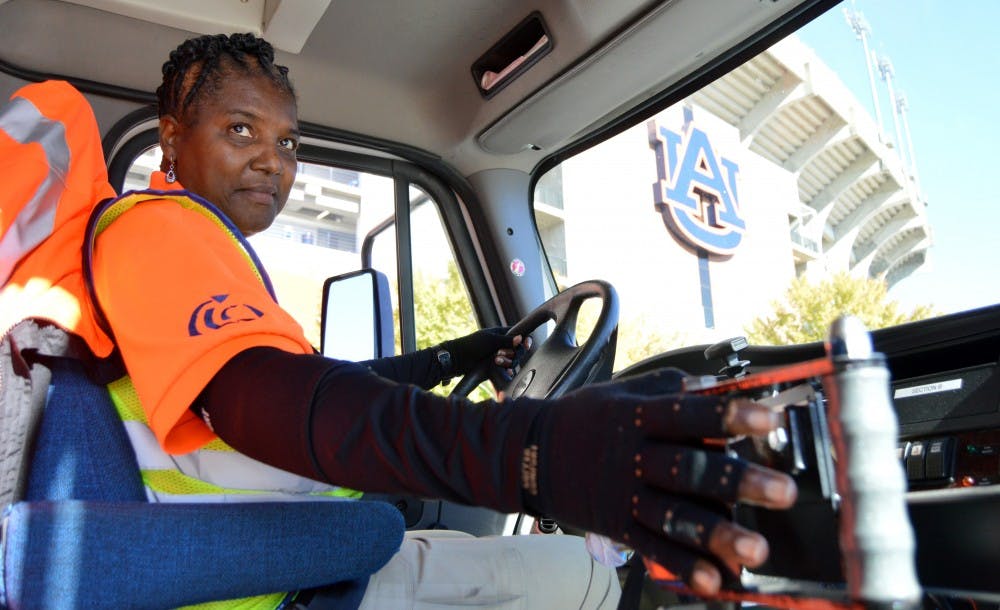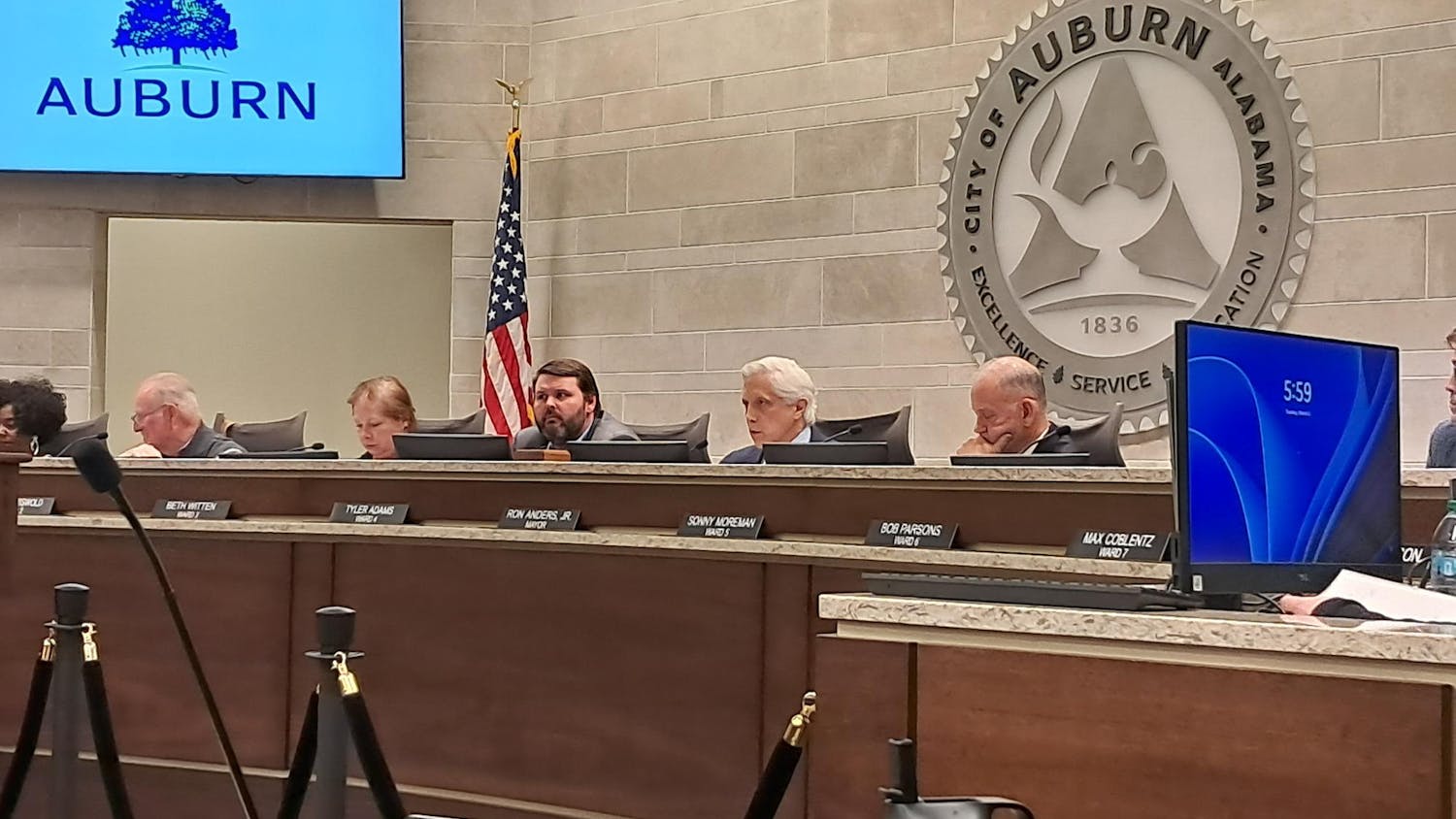When we talk about racial justice on campus, let us not forget about the workers.
Since the Black Lives Matter rallies that happened in Auburn following the tragic murder of George Floyd, Breonna Taylor, and countless others at the hands of police officers, I have seen an increase in conversations around racial justice on Auburn University’s campus. Some of the conversations have focused on the renaming of buildings, the lack of BIPOC faculty and students, and demands for systemic change directed towards administration.
All of these conversations and collective actions are incredibly important, and I hope to add to that conversation by checking in on the hourly workers on campus by asking - what is it like to be a BIPOC worker at Auburn University? This article is also intended to be in dialogue with what has already been acknowledged by Auburn 4 Change that, “(t)he majority of Black people employed by Auburn University are staff, not faculty.”
I will begin by saying as a public-school advocate, I am often concerned by the rate of privatization I have seen in public education. Privatization is simply taking public jobs and handing them over to the private sector. Often these private sector corporations talk about how they can increase productivity and decrease cost. This can be appealing to business minded individuals, but the social and community consequences are often overlooked.
At Auburn University, this is what privatization looks like. When you ride Tiger Transit, it might be easy to overlook that the drivers you have come to know and appreciate are not actually employed by Auburn University but rather are employed by a company named Transit First. The same is true when you grab a meal at the newly renamed Harold D. Melton Student Center. You might think that the cooks who prepared your meal and their colleagues are employed by Auburn University, but once again, most are not. Many of the food service workers are employed by a corporation named Aramark Corp. These are just two examples of employees who have been privatized at Auburn University, but we know there are more, including The Tailgate Guys who set up and take down the tents leading up to and following home games.
What is the problem with privatization, and what might it that have to do with racial justice?
The answer is complex, but here are a few suggestions. If the Tiger Transit Drivers or the Food Service Employees were employed by Auburn University, rather than contracted out to private corporations, they would have access to benefits that are afforded to Alabama public employees. Namely, after working full time for ten years, they could become fully vested in a state pension. Having a pension means having a better chance of economic security in retirement because it guarantees income, unlike 401Ks that are dependent on the stock market and can run out as individuals age.
Without a public pension, hourly employees often retire into poverty or are unable to retire at all. Second, as public employees they could make agreements with the University, like the workers at Alabama State University, and become non-probationary employees, which means they could be fired only after a just cause is established. Without that protection, the drivers and food service workers could lose their job without reason provided. This is particularly important during a pandemic in which the national unemployment rate exceeded 33 million workers.
Third, as public employees, they would have a right to join a public employee union or association. Although they can form a private union, that hurdle is much harder to cross. Without a union, individuals are more likely to be unfairly disciplined, exposed to workplace hazards, and have lower lifetime earnings. And here is what privatization has to do with racial justice. Although it has already been established that Auburn University has a long way to go in hiring more BIPOC faculty, they are not struggling to hire BIPOC hourly employees.
However, these BIPOC hourly employees often are in the service roles, which are the very roles that are frequently privatized. When we think of racial justice, let us not forget about the workers. The decisions that were made by Auburn Trustees and Executives to privatize were intentional and as a result they are responsible for the negative consequences this has had on employees, the employee’s families and our community. There are also historical connections that should be considered.
It may come as no surprise that the global headquarters for paleo-libertarianism, which strongly advocates for privatization of public goods, is located right here in Auburn at the Mises Institute. As I understand it, the Mises Institute used to have a center on campus but is now located across the street. We must demand that Auburn University end third party contracts, stop handing over control of public goods to private companies, and hire the workers to truly be employed as public employees at a public university if they truly hope to actualize an Auburn Family.
Izaak Standridge lives in Opelika and advocates for public schools and workers right to organize. Izaak is also a proud member of the National Education Association.
Do you like this story? The Plainsman doesn't accept money from tuition or student fees, and we don't charge a subscription fee. But you can donate to support The Plainsman.





